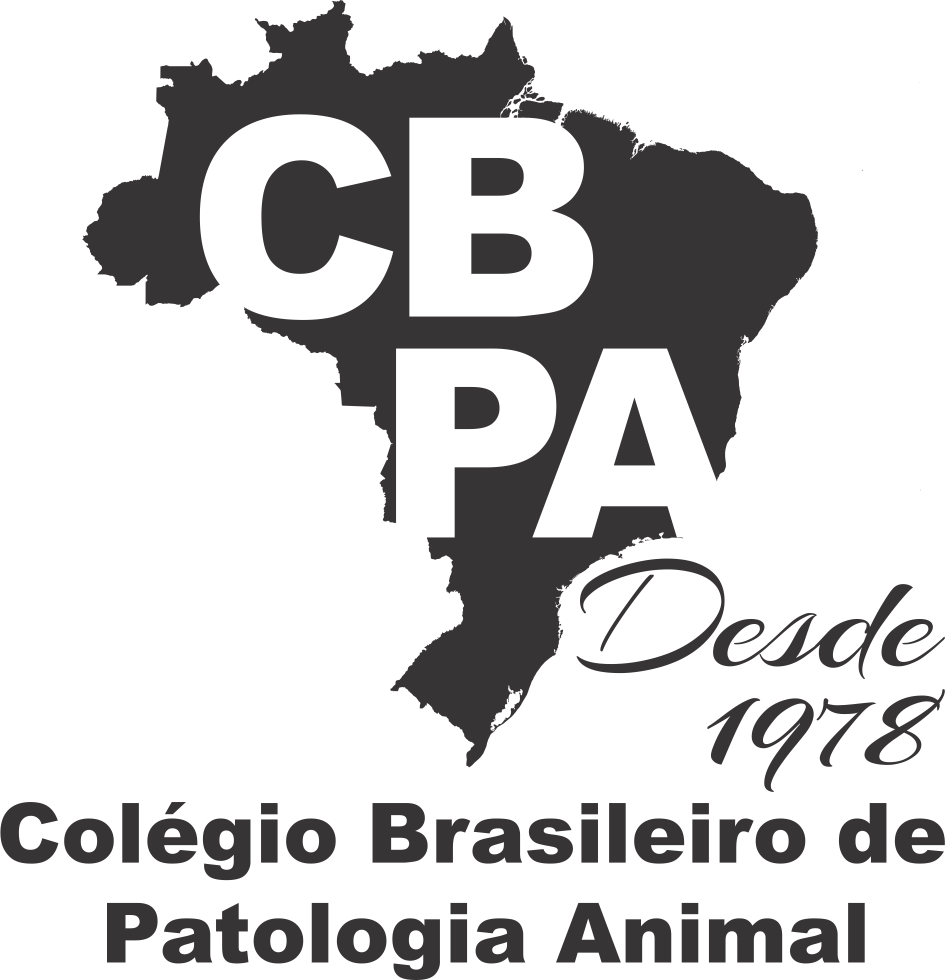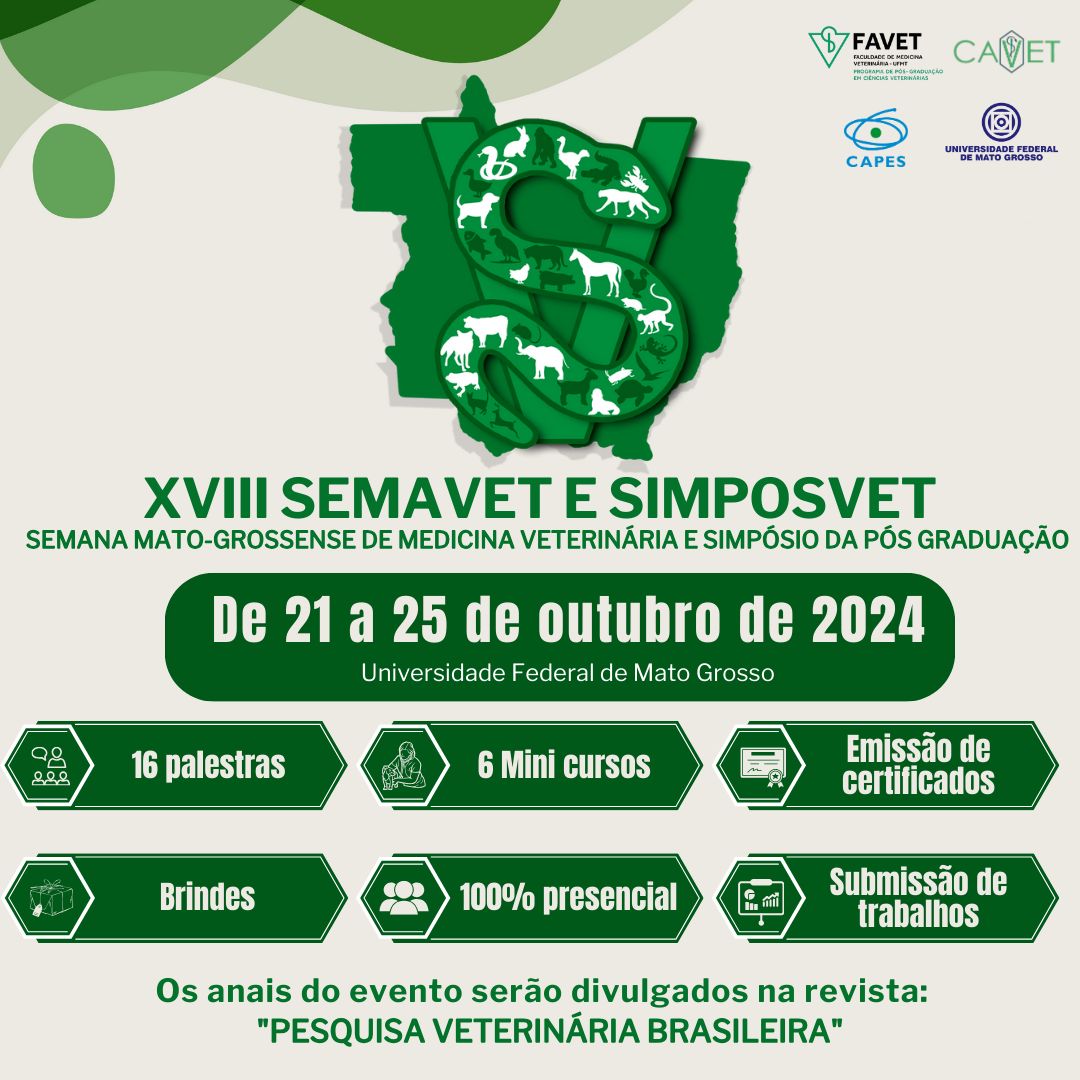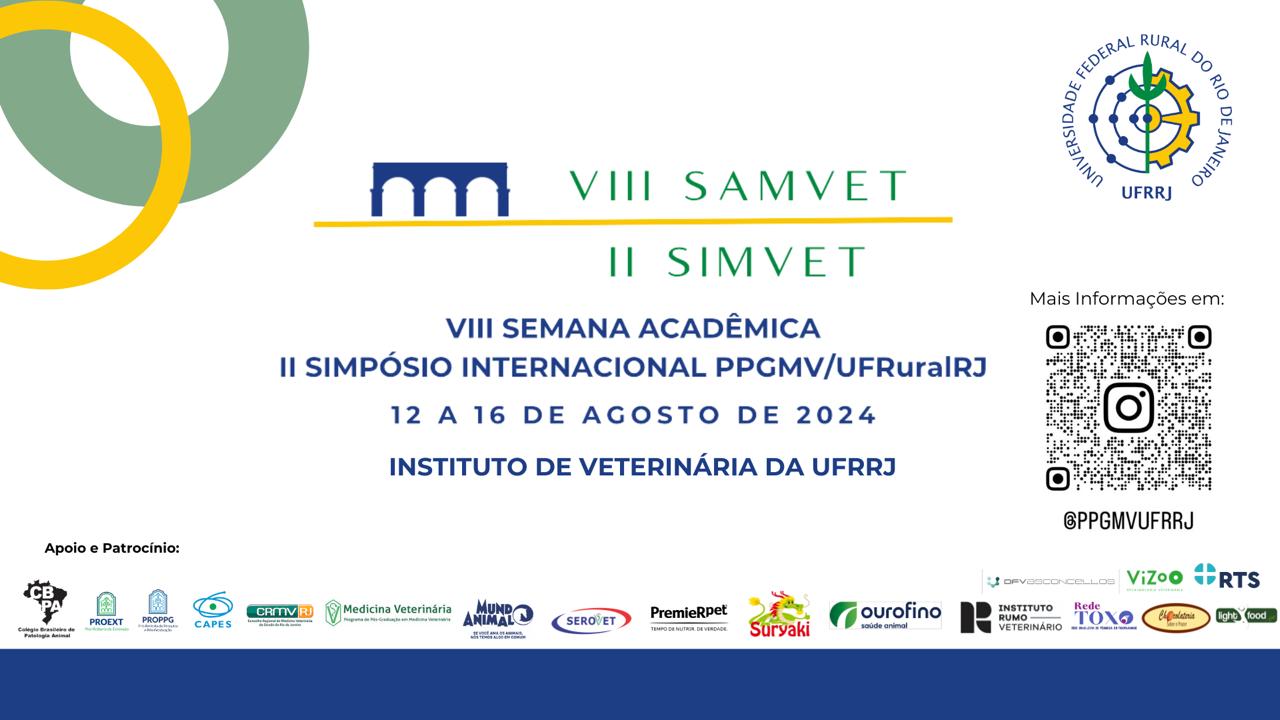Resultado da pesquisa (1)
Termo utilizado na pesquisa Daguer H.
#1 - Toxoplasma gondii: estudo soro-epidemiológico de suínos da região Sudoeste do Estado do Paraná, p.15-18
Abstract in English:
ABSTRACT.- Millar P.R., Daguer H., Vicente R.T., Costa T., Sobreiro L.G. & Amendoeira M.R.R. 2008. [Toxoplasma gondii: epidemiological study of pigs from southwestern Paraná, Brazil.] Toxoplasma gondii: estudo soro-epidemiológico de suínos da região Sudoeste do Estado do Paraná. Pesquisa Veterinária Brasileira 28(1):15-18. Programa de Pós-Graduação em Higiene Veterinária e Processamento Tecnológico de Produtos de Origem Animal, Universidade Federal Fluminense, Rua Vital Brazil Filho 64, Santa Rosa, Niterói, RJ 24230-360, Brazil. E-mail: patriciariddell@vm.uff.br
This study evaluated the seroprevalence of toxoplasmosis in pigs bred and slaughtered for human consumption. The frequency of the antibody anti-Toxoplasma gondii was investigated in 408 animals from distinct piggeries of 25 cities in the southwestern region of the state of Paraná, Brazil. Serum samples were examined for IgG antibodies specific for T. gondii through the indirect fluorescent antibody test (IFAT). A frequency of 25.5% of serum samples tested positive for dilutions equal to or greater than 1:64. Statistically significant were not observed in relation to sex and age of the animals. The highest antibody level observed was 4,096 (3.0%) and the most frequent was 64 (74%), suggesting that a chronic infection occurred in the population. The high prevalence of the infection found in the swine herds of this region suggests that these herds can be a source of infection for individuals who typically consume this type of raw or badly cooked meat.
Abstract in Portuguese:
ABSTRACT.- Millar P.R., Daguer H., Vicente R.T., Costa T., Sobreiro L.G. & Amendoeira M.R.R. 2008. [Toxoplasma gondii: epidemiological study of pigs from southwestern Paraná, Brazil.] Toxoplasma gondii: estudo soro-epidemiológico de suínos da região Sudoeste do Estado do Paraná. Pesquisa Veterinária Brasileira 28(1):15-18. Programa de Pós-Graduação em Higiene Veterinária e Processamento Tecnológico de Produtos de Origem Animal, Universidade Federal Fluminense, Rua Vital Brazil Filho 64, Santa Rosa, Niterói, RJ 24230-360, Brazil. E-mail: patriciariddell@vm.uff.br
This study evaluated the seroprevalence of toxoplasmosis in pigs bred and slaughtered for human consumption. The frequency of the antibody anti-Toxoplasma gondii was investigated in 408 animals from distinct piggeries of 25 cities in the southwestern region of the state of Paraná, Brazil. Serum samples were examined for IgG antibodies specific for T. gondii through the indirect fluorescent antibody test (IFAT). A frequency of 25.5% of serum samples tested positive for dilutions equal to or greater than 1:64. Statistically significant were not observed in relation to sex and age of the animals. The highest antibody level observed was 4,096 (3.0%) and the most frequent was 64 (74%), suggesting that a chronic infection occurred in the population. The high prevalence of the infection found in the swine herds of this region suggests that these herds can be a source of infection for individuals who typically consume this type of raw or badly cooked meat.












